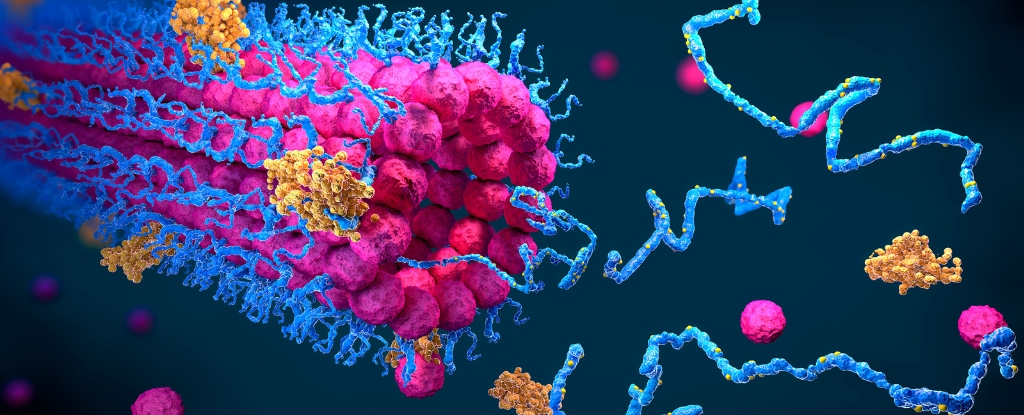Place your adverts here on InfoDig @ low rates; banner ads, sponsored links and guest articles etc. Contact us
Kids who have a regular bedtime that's earlier than 9.30 pm have healthier-looking guts than those who go to bed later, according to a small new study.
Scientists aren't sure why that is, or if those healthier-appearing qualities actually lead to better health outcomes, but the findings join growing evidence that suggests our sleep patterns are closely tied to our guts.
Recent studies have found, for instance, that the makeup of microbes in the gut may be involved in sleep regulation. If that link does exist, however, it's possibly a two-way street; in other words, changes in sleep patterns may also alter the abundance of gut microbes.
To explore this association in a time of life when sleep is particularly important, medical scientist Chunmei Mao and his colleagues at the Gansu Rehabilitation Center Hospital in China examined the gut flora and blood samples of 88 healthy children.
The kids were aged 2 to 14, and they were from urban areas of northwest China. Over the course of two weeks, half went to sleep before 9.30 pm on a consistent basis, and the other half went to sleep after this time, according to sleep diaries kept by their parents.
Based on the subjective accounts, kids who went to bed later were still getting about the same amount of sleep a night, possibly because it took them a shorter time to fall asleep.
The stool samples of both groups, however, showed differences in gut microbe composition, diversity, and relative abundance.
In particular, those who went to bed before 9.30 pm had a greater presence of various beneficial gut microbes, and a lower presence of various harmful gut microbes.
But sometimes, it's not so easy to list a microbe as 'bad' or 'good'. Bacteroidetes, for instance, are dominant beneficial bacteria found in higher abundance in the guts of those who went to bed earlier. But those with early bedtimes also showed increased Firmicutes flora, which is a microbe that can be tied to obesity when increased to a certain ratio with Bacteroidetes.
Without knowing how all the various microbes in the gut interact, scientists can only speculate as to whether some communities are actually healthier than others.
The authors of the current study acknowledge that a "more comprehensive understanding of the metabolic mechanisms related to the gut microbiota of these children could not be obtained."
The results, however, do support the idea that the gut and the brain are connected via immune and neural pathways, and that changes in one arena may enact changes in the other.
Just recently, for instance, a study found that people with early Parkinson's disease, who show sleep behavior disorders, also show changes to their gut microbiome.
What's more, untreated gastrointestinal issues in children with autism and ADHD can sometimes lead to additional sleep and behavioral disorders.
Both sleep and the gut are enigmas to scientists, but their importance to human health cannot be overstated. Figuring out how these two factors fit together will require painstaking future research.
The study was published in Scientific Reports.















 English (US) ·
English (US) ·